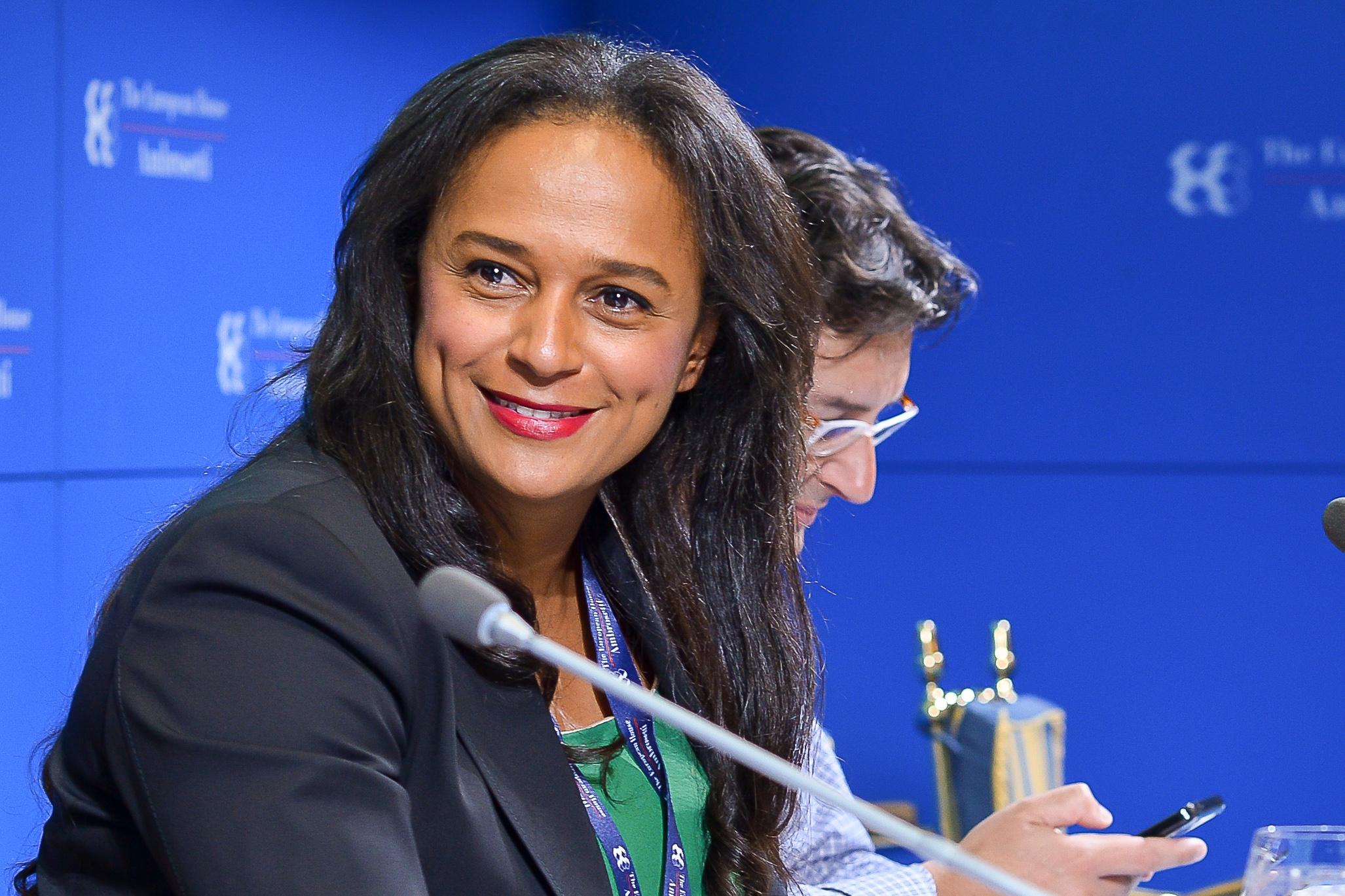
In the last two years following the exit of former Angolan President José Eduardo dos Santos from power, his successor João Manuel Gonçalves Lourenço’s administration has opened a global can of worms with corruption-related accusations levelled against former members of the dos Santos cabinet as well as members of the ex-President’s family. Most notable in recent weeks, the accusations surrounding Isabel dos Santos – the daughter of José Eduardo dos Santos widely touted as one of the richest women in Africa.
Despite Angola being a well-known red flag jurisdiction in Africa owing to extensive amount of political exposure in even the most mundane of business engagements, global corporations have dabbled extensively in Angola in the latter two decades of José Eduardo dos Santos 40-years in office. A large part of these forays backed by poor due diligence about the true situation and involvements regarding their business partners in Angola.
This poor due diligence can be partly blamed by investigators carrying out as cursory research involving the standard screening methodologies that work for due diligence in more open jurisdictions but are poorly suited to a country like Angola where a lot is complex and opaque.
The emerging scandal in Angola features several well-known global companies openly engaged in business with entities which non-standard research and proper enhanced due diligence adapted to the Angolan situation should have indicated were proxy vehicles for Angolan government officials and their family members. This is further complicated by the fact that the current corruption accusations have not primarily been made from outside Angola but within the country and with the support of the current government, meaning that a lot that was previously hidden will come to the fore.
For now the media is awash with tales of state capture and brazen conversion of public funds to private use and little attention is being paid to the obvious follow-up that will result from global law enforcement agencies in vigilant jurisdictions such as United States and the European Union, vetting these accusations of corruption to find culpable international partners and companies, who knowingly or unknowingly used the global financial system to assist the large scale corruption that has occurred for decades in Angola.
Going forward it is important that companies adopt enhanced due diligence methods and use investigators who understand the unusual complexities of investigations in African jurisdictions to benefit from thorough reports that provide detailed information which prevents exposure to corruption-related risks and legal action.
As Africa-focused specialists in investigative research, afridiligence offers our clients and partners the advantage of ongoing monitoring to determine red flag exposure in Angola and the wider sub-Saharan Africa on a proactive and retroactive basis, in order to disengage from past engagements that might have not been thoroughly vetted and equally avoid contentious future business engagements and partnerships with problematic parties.


